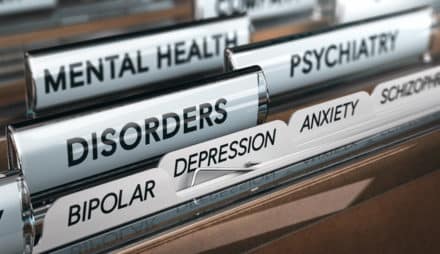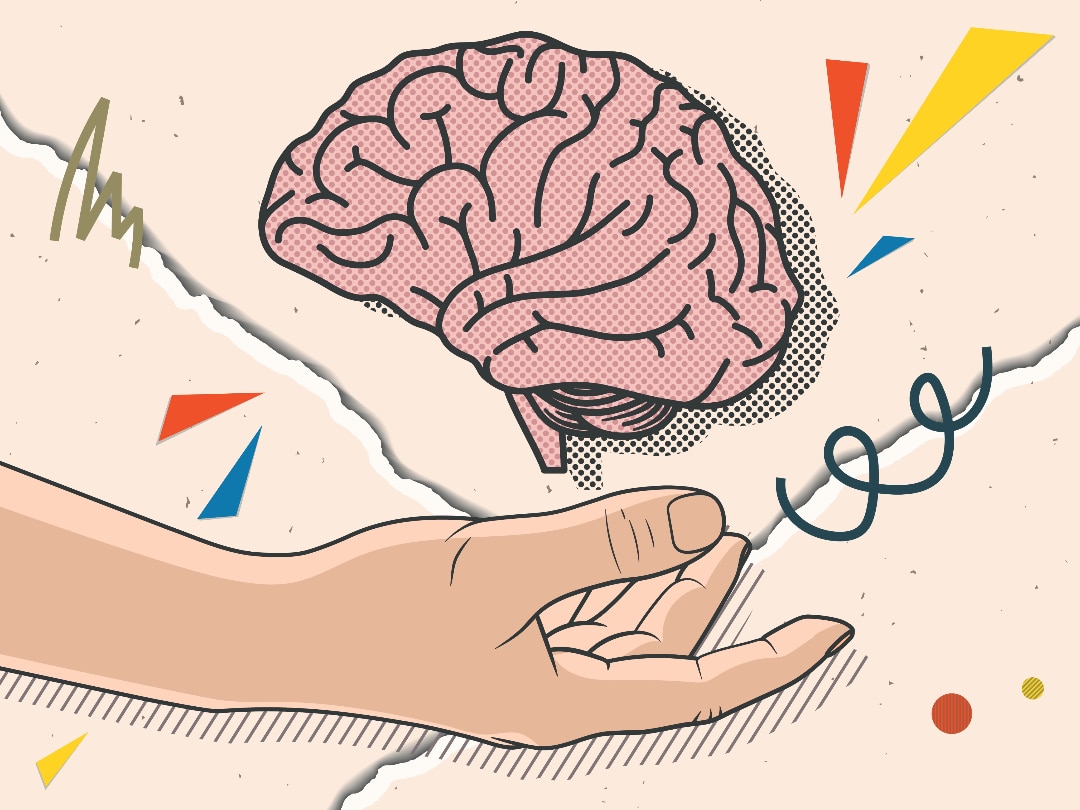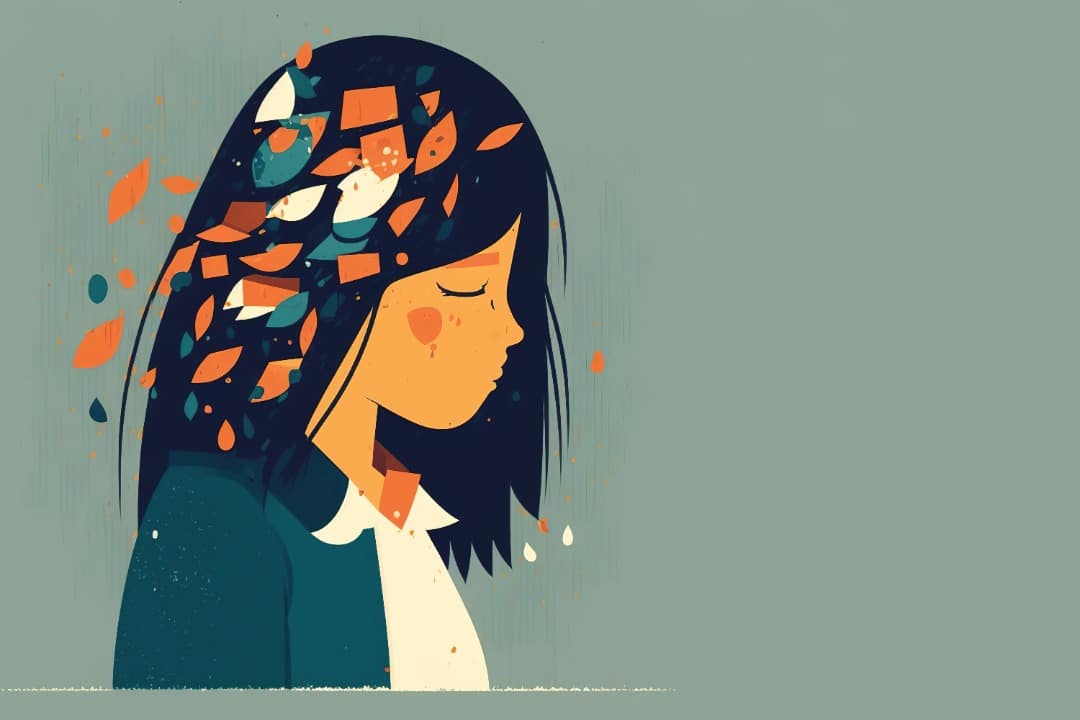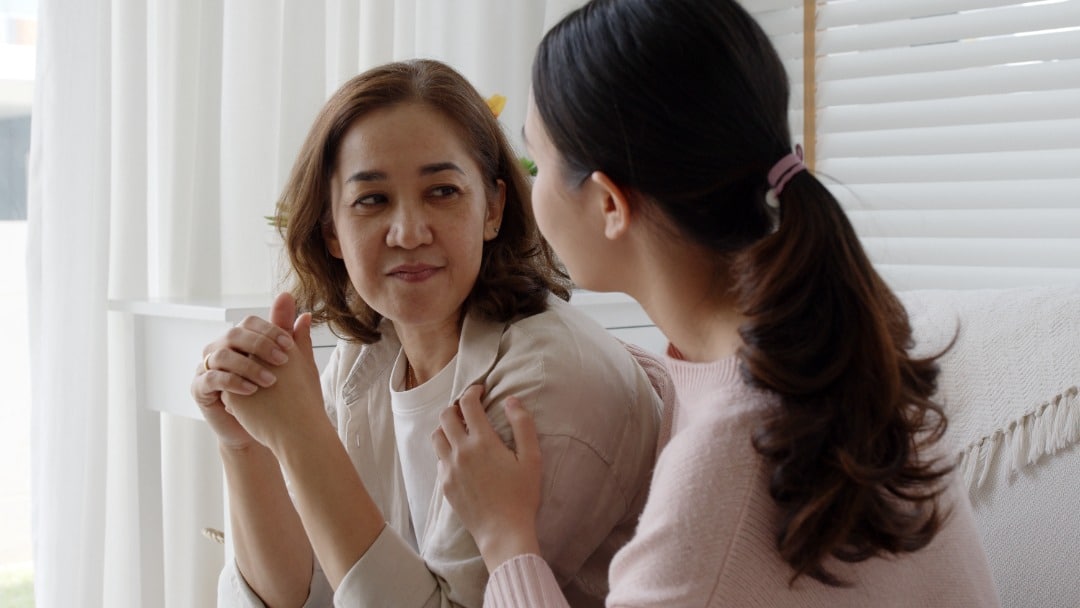Top Questions About Bipolar Disorder
According to the National Alliance on Mental Illness (NAMI), there is no single cause of Bipolar Disorder. Similar to all mental health disorders, Bipolar Disorder is a complex diagnosis and might incorporate multiple contributing factors such as: genetic predisposition or a family history, improper biological functioning, and possible environmental factors including stress, trauma, and biological reaction to stimuli or a detrimental life event.
Unfortunately, if left untreated, the answer is yes. The Treatment Advocacy Center reports that suicide is the number one cause of premature death among people with Bipolar Disorder, with 15 percent to 17 percent taking their own lives as a result of negative symptoms that come from untreated illness. The extreme depression and psychoses that can result from lack of Bipolar Disorder treatment is the usual culprit in these cases.
Bipolar Disorder typically starts in late adolescence or early adulthood, although it can show up in children and in older adults. People often live an average of 10 years with the disorder without having it properly diagnosed or seeking proper Bipolar Disorder treatment.
How to treat Bipolar Disorder?
Get your treatment questions answered with care.
Featured Bipolar Disorder Resources
Bipolar 1 vs. Bipolar 2: How Are They Different?
Genetics and Bipolar Disorder: Is it Inherited?
Distorted Self-Image with Bipolar Disorder
Sorry, we couldn't find any posts. Please try a different search.
Popular Bipolar Disorder Resources
Effective Bipolar Disorder Therapies
Recently Posted Bipolar Disorder Resources
Bipolar 1 vs. Bipolar 2: How Are They Different?
Genetics and Bipolar Disorder: Is it Inherited?
Distorted Self-Image with Bipolar Disorder
Long-Term Effects of Untreated Bipolar Disorder
Treatment Options for Bipolar Disorder

Dual Diagnosis Residential

Women-only Residential


















